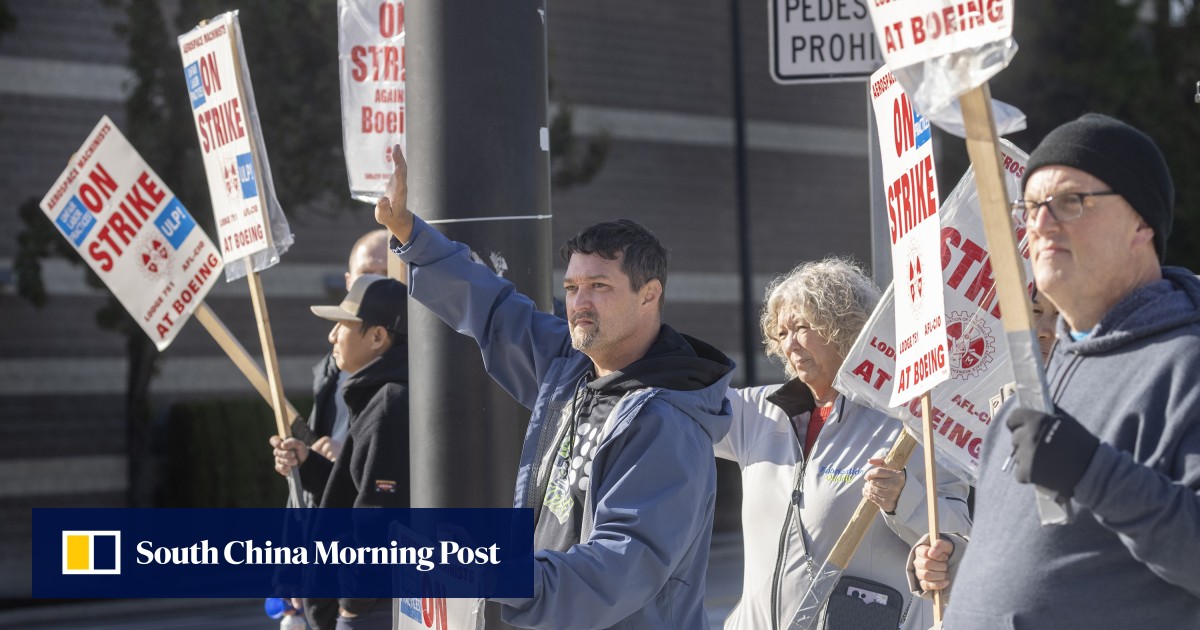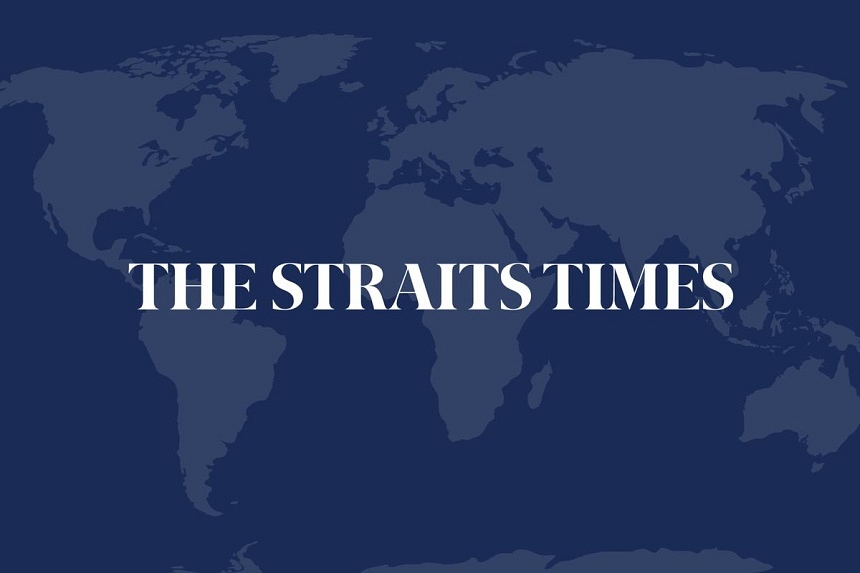This week, the largest national security trial to date in Hong Kong history and one of the city’s most significant national security trials meet. Not only will 45 of 47 Hong Kong former legislators and pro-democracy activists receive jail sentences, but pro-democracy media mogul Jimmy Lai will take the stand in court. All of these figures are being prosecuted simply for exercising their rights and freedoms under international law.
The first case concerns 47 former lawmakers and aspiring lawmakers who were initially arrested for organizing and partaking in “unofficial” primary elections in July 2020. The 47 democrats set up these elections ahead of the Hong Kong Legislative Council elections in September 2020, in an attempt to ensure that democrats would continue to have a place in Hong Kong’s legislature despite Beijing’s imposition of the National Security Law on the city in June 2020. More than 600,000 individuals voted in these peaceful primaries, demonstrating the desire of the people of Hong Kong to preserve their own rights and freedoms.
Yet the simple act of being on the ballot has led to many of the democrats turned defendants being behind bars for more than three years.
Some of the most well-known defendants include Joshua Wong, Claudia Mo, Benny Tai, and Gwyneth Ho.
At just 17 years old, Joshua Wong was one of the student leaders of the 2014 Umbrella Movement. Before that, in 2012, he rallied more than 100,000 people to protest the Hong Kong government’s plans to introduce mandatory national education in schools. Wong won the right to represent his district in the 2020 “unofficial” primary elections, but has since faced multiple charges including “organizing and inciting others to take part in an unauthorized assembly” and “conspiracy to commit subversion under the National Security Law.”
Claudia Mo, affectionately referred to as Auntie Mo, is a 67-year-old former journalist and politician. Mo previously held British citizenship but gave it up once she became a member of the Hong Kong Legislative Council. For years, Mo warned of the encroachment of Beijing’s authoritarianism in Hong Kong, once writing, “Today Beijing talks about anti-independence, tomorrow it talks about anti-self-determination and the day after it can talk about anti-democracy altogether.” Mo faces the charge of “conspiracy to commit subversion under the National Security Law.”
In April 2020, 60-year-old former law professor Benny Tai published an article titled “Ten steps to real mutual destruction.” The prosecutors in the case view this article as the roadmap for the “conspiracy” to ensure democrats were elected in the majority of the Hong Kong Legislative Council in the autumn of 2020. In reality, the article was a peaceful plea for those who value freedoms and rights to continue to have their voice heard in Hong Kong politics. Tai also co-founded the Occupy Central Movement, which partially led to the 2014 Umbrella Movement. Tai faces four charges of illegal election spending under the Elections (Corrupt and Illegal Conduct) Ordinance and one of “conspiracy to commit subversion under the National Security Law.”
Gwyneth Ho is a 34-year-old former journalist, having worked for BBC, Stand News, and various other outlets. Ho was a frontline reporter during both the 2019 pro-democracy protest movement and the 2021 Yuen Long MTR attack, in which armed men dressed in white attacked innocent civilians. Ho faces charges of “knowingly participating in an unauthorized assembly” for joining a Tiananmen Square Massacre vigil in June 2020, and “conspiracy to commit subversion under the National Security Law” for running in the 2020 primaries. Despite these charges, she bravely bypassed submitting a mitigation statement, which could result in a longer jail sentence.
These are but few of the details for four of the Hong Kong 47 – and there 43 more – spanning across generations, movements, and political ideologies. Each has a powerful story involving immense courage in spite of the crackdown by the Beijing and Hong Kong authorities, that should not end with life in prison.
At the same time that we await the sentencing of 45 of the 47 democrats – the other two were acquitted in May this year – we also await the resumption of British citizen Jimmy Lai’s trial on Wednesday. Lai himself is expected to take the stand.
On Friday of last week, the United Nations Working Group on Arbitrary Detention, in its Opinion No. 34/2024, found multiple violations of Lai’s rights and urged the Hong Kong government to secure his immediate release, to remedy his situation without delay, and to take appropriate measures against the officials responsible for violating his rights.
While the Hong Kong government is unlikely to take direction from even the United Nations, as it has already condemned the Opinion, international governments must seriously consider how to adequately respond to both the sentencing of 45 of the 47 democrats and the trial of Jimmy Lai.
In Washington, the current or incoming administrations should swiftly renew Deferred Enforced Departure (DED) for Hong Kongers in the United States, to prevent them from being forced to return to Hong Kong where the number of political prisoners and those who are arbitrarily detained continues to grow. And despite unsurprising opposition from the Hong Kong government, President-elect Donald Trump should follow up on his word and make every effort to free Lai.
The U.K. government should expand the British National (Overseas) visa scheme to those born before the 1997 handover with at least one BNO-status parent, to allow those who did not have the chance to apply for BNO status themselves to flee from increasing repression in Hong Kong. Following the welcome meeting between Foreign Secretary David Lammy and Sebastien Lai, Jimmy Lai’s son, Prime Minister Keir Starmer should also urgently meet with Sebastien to demonstrate that his father’s case truly is a “priority” for the British government.
From Ottawa, the Canadian government should clear the backlog of Hong Kong Pathway applications to prevent the expiration of temporary status for Hong Kongers in Canada before their permanent residence applications are processed, to ensure they do not face risk of returning to Hong Kong due to expired status.
In all regions, it is clear that “business as usual” no longer applies in Hong Kong. Governments should follow the example of the latest U.S. Hong Kong Business Advisory, to issue statements that inform businesses about the heightened risk of doing business in or with Hong Kong as a result of its draconian national security apparatus.
The National Security Law has already impacted the 47 democrats and Jimmy Lai. This week their fates will set a precedent for others who are detained in Hong Kong for simply doing their jobs and advocating for their rights, which are guaranteed under international law.
The international community must not let these days pass without condemnation in the strongest terms and actions that offer robust support for Hong Kongers who remain in the city and abroad.

 By The Diplomat | Created at 2024-11-18 18:46:29 | Updated at 2024-11-18 20:48:03
2 hours ago
By The Diplomat | Created at 2024-11-18 18:46:29 | Updated at 2024-11-18 20:48:03
2 hours ago








